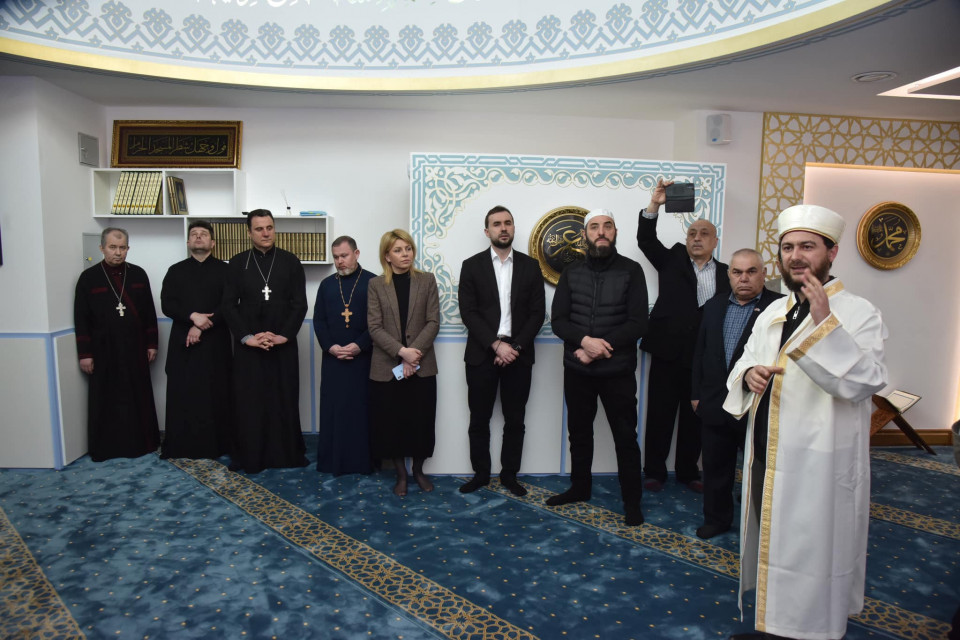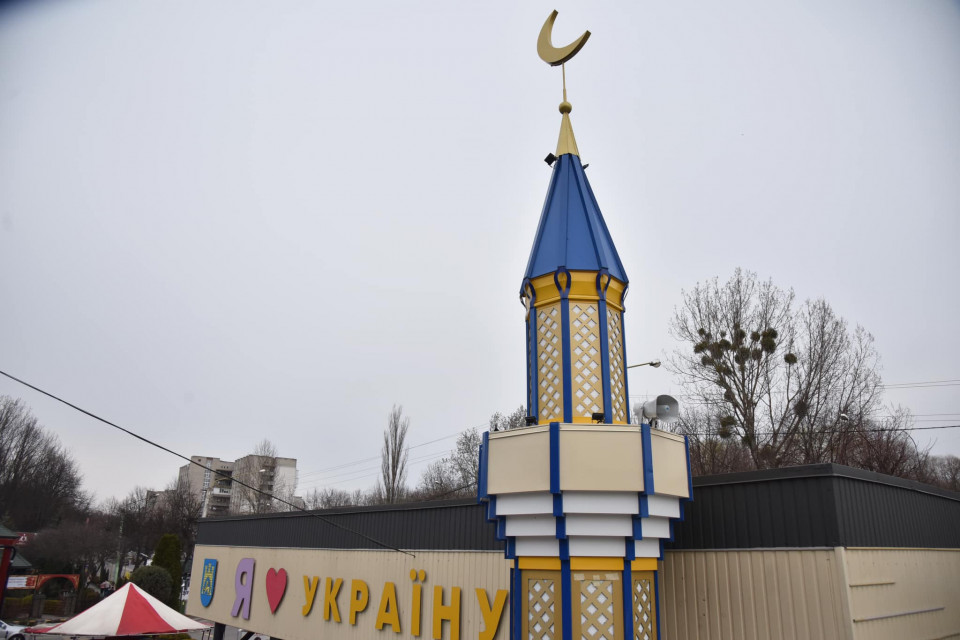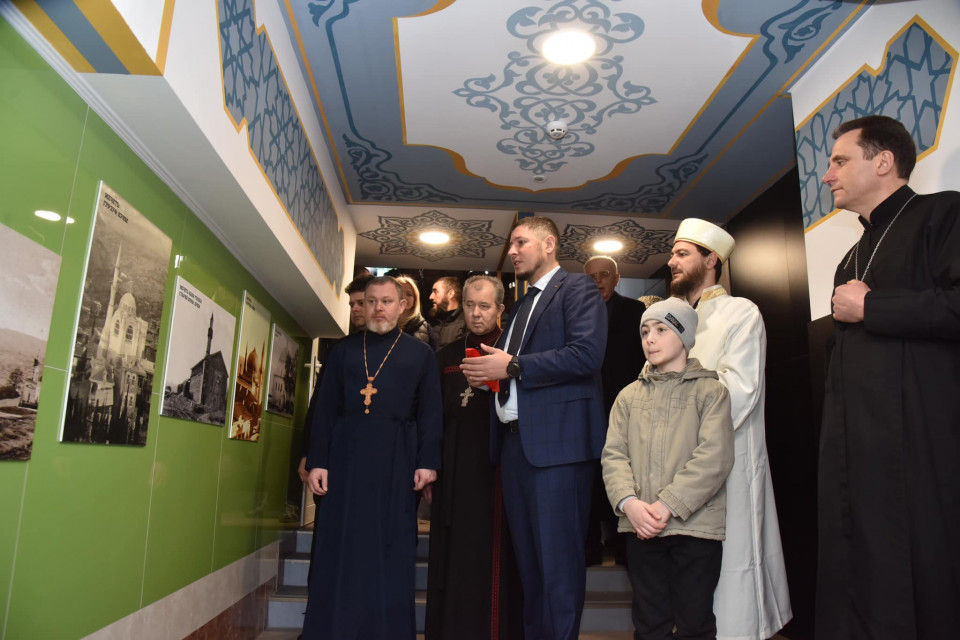
Despite the ravages of the on-going war, the people of Ukraine are trying to lead a normal life as much as possible.
One example of this is their celebration of Ramadan as an official religious festival.
It was back in 2022, when president Volodymyr Zelenskyy proposed to give such religious holidays as Ramadan, Kurban Bayram, Pesach, Rosh Hashanah, Hanukkah, and others the status of public ones in Ukraine.
It was a big step in bringing up the multinational and multi religious population and their traditions to a state level.
Now, as the full-scale war continues, these spiritual holidays do not cease to exist but are celebrated even with the bigger strength. It is faith that keeps Ukrainians going through the war, it is what unites people of different religions in one struggle against the aggressor.
Recently, in conjunction with Ramadan as an official religious holiday. Employers are known to make accommodations for Muslim employees during this period, such as adjusting work schedules to allow for prayer and breaking the fast. In Ukraine, mosques and Islamic centres organize special activities during Ramadan, including Tarawih prayers, recitation of the Quran, and lectures on Islamic teachings.
Many Muslim families also invite friends and relatives for iftar, the evening meal which breaks the fast at sunset.
The Muslim community opened a new mosque in Lviv, one of the biggest cities in Ukraine and the “cultural capital”. The opening of the mosque during Ramadan is particularly significant, as it will provide a space for Muslims in Lviv to observe their religious practices and celebrate the holy month with their families and friends.
Elvin Kadyrov, head of the Mejlis Coordination Center for Humanitarian Affairs, commented on the opening of the mosque: “This is a place where Ukrainians can come and learn about Islam first-hand.” This is very particular of Ukraine, a mostly Christian state, which in recent years celebrates the cultural and ethnic diversity of the country more and more, giving them recognition and space for growth.
As the war goes on, Ukrainian Muslims fight back to back with Christians, celebrating Easter and Ramadan in trenches.
Despite the difficult circumstances, Ukrainian Muslims and Christians try to maintain their religious traditions.
As for Ukrainian Christians, Easter is celebrated with paska (traditional Easter cake), pysanky (painted eggs), holy water, and Easter service. These items necessary for celebrating the spiritual holiday will be provided to the soldiers at the frontlines by volunteers and chaplains.
Thus, Ukrainians are standing together to defend their country and resist the aggression of a common enemy. This may be on the battlefield and in the trenches fighting, or it may be at home, saving traditions and cultures.



